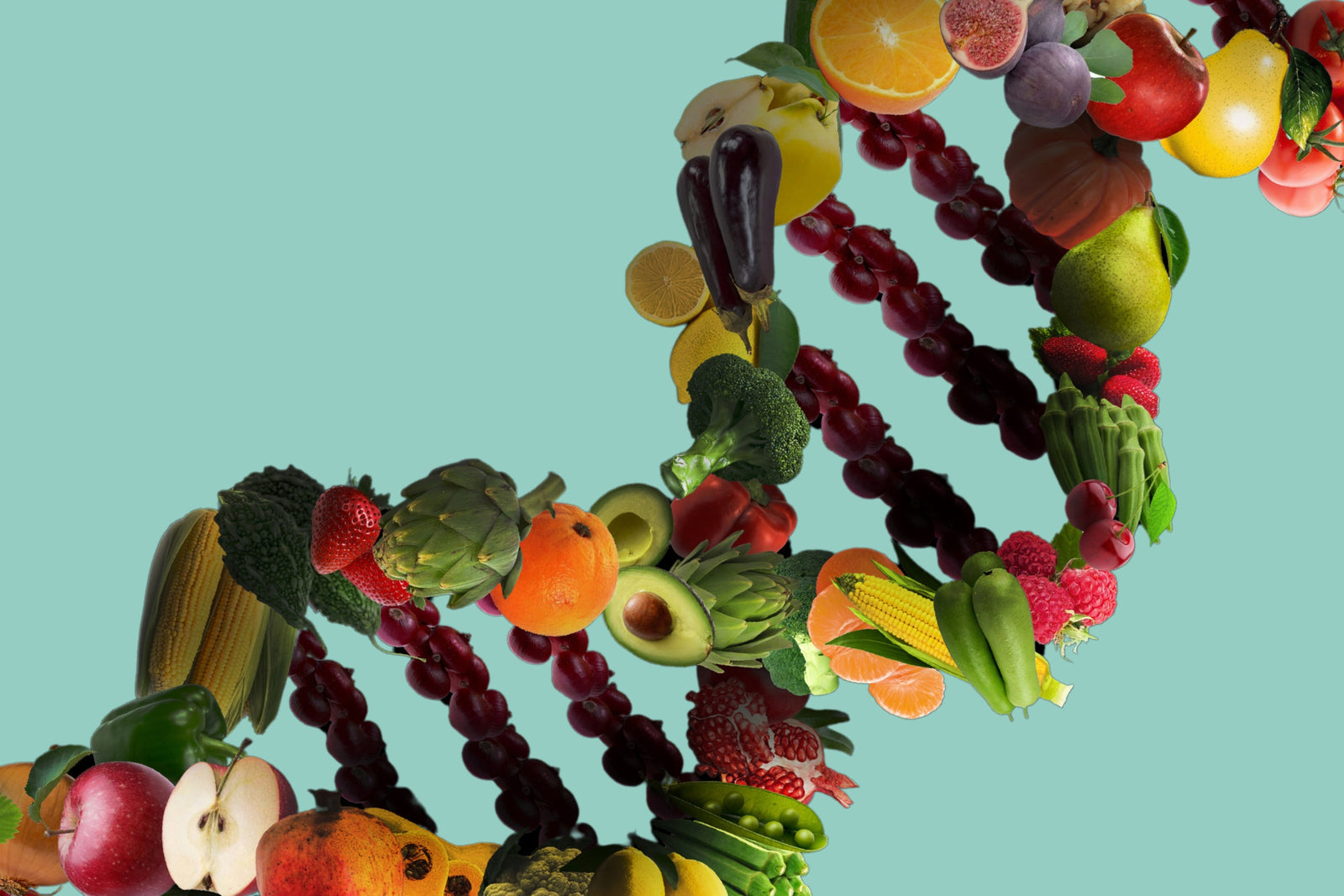How CYP2R1 Affects Vitamin D: What Your Genotype Means for Wellness
Vitamin D is essential for bone strength, immune support, muscle and nerve function, and mood regulation. Your body makes vitamin D in the skin with sunlight and gets it from certain foods and supplements. The CYP2R1 gene helps activate vitamin D by producing an enzyme called 25-hydroxylase, which converts vitamin D into 25-hydroxyvitamin D, the main circulating form measured in blood tests.
Variations in the CYP2R1 gene can change how efficiently this enzyme works. That can affect how well your body converts vitamin D into its circulating form, sometimes leading to lower measured vitamin D levels even when sun exposure or diet seem adequate. Below we explain what each common genotype at rs10741657 means, and provide clear, practical steps to support healthy vitamin D status.
Practical Steps to Support Vitamin D
- Diet: Include fatty fish (salmon, mackerel, sardines), egg yolks, liver, and fortified foods such as milk, plant-based milks, and cereals. These sources provide vitamin D3 or D2 that the body can use.
- Supplements: Vitamin D3 is the preferred form for most people. Dosing depends on baseline blood levels, age, body weight, pregnancy, and other health factors. Talk with your healthcare provider before starting supplements to determine an appropriate dose and duration.
- Sun exposure: Aim for safe, regular sun exposure tailored to your skin type, location, and season. Short, sensible exposure to arms and legs several times per week can help, but always balance this with skin cancer risk and use sun protection when needed.
- Monitoring: A 25-hydroxyvitamin D blood test is the standard way to check vitamin D status. Regular monitoring helps guide supplementation and lifestyle adjustments, especially if you have a known genetic predisposition for lower vitamin D activation.
- Lifestyle: Maintain a healthy body weight and limit smoking and excessive alcohol, as these factors can affect vitamin D metabolism and storage. Regular physical activity supports bone and muscle health alongside vitamin D.
- Timing: If taking vitamin D supplements, consider taking them with a meal that contains fat to enhance absorption.
When to Talk to a Healthcare Provider
Consult your healthcare provider if you have symptoms of deficiency such as unexplained bone pain, muscle weakness, frequent infections, or mood changes. Also consult before starting supplements if you take medications that affect vitamin D metabolism, such as anticonvulsants, glucocorticoids, or certain weight loss drugs, or if you have conditions like liver or kidney disease.
Two effect alleles (GG) — Higher risk of reduced vitamin D activation
If your genotype is GG at rs10741657, you carry two copies of the effect allele. This is linked with reduced CYP2R1 enzyme efficiency and a greater chance of lower 25-hydroxyvitamin D levels. Your liver may convert vitamin D into its circulating form less efficiently, so you may show lower vitamin D status even with normal sun exposure and diet.
Recommendations
- Consider getting a baseline 25-hydroxyvitamin D blood test and repeat testing after any lifestyle or supplement changes.
- Prioritize vitamin D rich foods: fatty fish, egg yolks, and fortified products.
- Discuss Vitamin D3 supplementation with your healthcare provider. A healthcare professional can recommend a starting dose and monitoring schedule based on your test results and health profile.
- Practice safe sun exposure tailored to your skin type and local UV levels. Short, consistent exposures are preferable to occasional long exposures.
- Monitor calcium intake and bone health, especially if you have other risk factors for low bone density.
One effect allele (GA) — Mildly reduced vitamin D activation
If your genotype is GA at rs10741657, you carry one copy of the effect allele. This is associated with a moderate reduction in CYP2R1 enzyme efficiency and a slightly increased risk of lower vitamin D levels. Your liver can still convert vitamin D, but possibly a bit less efficiently than someone without this variant.
Recommendations
- Check your vitamin D status with a 25-hydroxyvitamin D blood test, particularly if you have limited sun exposure, darker skin, higher body weight, or other risk factors.
- Include vitamin D rich foods in your regular diet and consider fortified options to help maintain adequate intake.
- Consider Vitamin D3 supplementation after discussing dose and monitoring with your healthcare provider.
- Use sensible sun exposure practices and consider seasonal adjustments to supplementation if you live in a northern latitude.
- Consider repeat testing after starting supplements to ensure you reach and maintain target levels.
No effect alleles (AA) — Typical vitamin D activation
If your genotype is AA at rs10741657, you carry two copies of the non-effect allele. This genotype is associated with normal CYP2R1 enzyme function, meaning your 25-hydroxylase converts vitamin D into 25-hydroxyvitamin D at typical efficiency. You do not have a genetic predisposition for reduced activation through this specific pathway.
Recommendations
- Continue to support vitamin D through diet, safe sun exposure, and supplements when indicated by lifestyle or blood tests.
- Get routine 25-hydroxyvitamin D testing if you have risk factors like limited sun exposure, darker skin, obesity, older age, or certain medical conditions.
- Follow general public health guidance for vitamin D intake and bone health.
Understanding Results in Context
Genetic results show predisposition, not diagnosis. A CYP2R1 variant can influence how efficiently you activate vitamin D, but many factors determine your actual vitamin D status. Sun exposure, diet, supplement use, body composition, age, medications, and health conditions all interact with genetics. The best approach uses genetic insight alongside blood testing and clinical guidance.
PlexusDx provides educational information about genetic predispositions only and does not provide medical advice. Always consult your healthcare provider before making changes to supplements, medications, or treatment plans based on genetic information or lab tests.

Share:
Choline | CHKA (rs10791957)
Selenium | GPX1 (rs1050450)